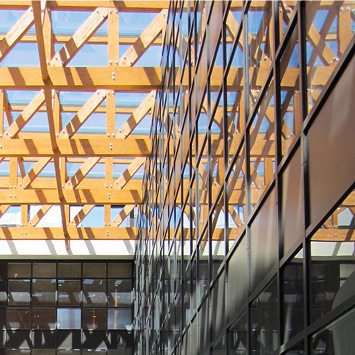
The Tense Ear, The Deaf Eye:

This seminar-workshop explores ethical, affective, and relational approaches to curating colonial ethnographic photography, focusing on the visual legacies held in European museum collections (Edwards 2015 and 2022). It invites participants to interrogate the biases of looking (Foster 1999 [1988]; Mirzoeff 2023)—biases embedded both in the photographic apparatus (Beller 2018) and in the museum as a colonial window on the world (Bennet 2013), a structure that has long framed racialized and gendered bodies through the extractive logics of modernity and empire.
The seminar opens with a theoretical introduction on how photography and museums have historically served colonial worldmaking. Curatorial work such as Nuno Porto’s and the PhotoCLEC project has critically engaged with the photographic archive by showing how photography operates as a means of producing racialized realities, presenting images as problematic objects, and exposing their embedded colonial epistemologies.
Against this backdrop, the session introduces the practice-based project Adwa, developed as part of my practice-based PhD research in response to the reopening of the IsIAO colonial photographic archive in Rome. Prompted by biographical questions of belonging and ethical responsibility, the project moved from participatory research toward the application of Black feminist scholarship, African epistemologies, and trauma therapy theory (Hampâté Bâ 1981; Oy?wùmí 2005; Hartman 2019; Campt 2017; Menakem 2017). The session will address the issues that arose from this research, which led to Adwa—a curatorial oral interpretation. Moving beyond visual dominance, this approach embraces the affective, somatic, and relational, inviting curators and audiences alike into an ethics of listening and vulnerability. Here, curating becomes not a gesture of control or authorship, but a practice of reception, unlearing, and care.
Following the presentation of this methodology, participants will be invited to engage in a guided exercise: a conversation with a colonial photograph. Through writing, they will imagine a dialogic encounter with the subject of an image, using voice, memory, and emotion to reframe the act of seeing as one of listening and witnessing. Can museums "move from an age of annunciation to an age of listening? … from the logic of owning to the logic of owing, from property to gratitude, from indifference to compassion?” (Vázquez, 2023: 62)
This seminar emerges from an unique in-between position—as a mixed Latin American/European researcher who was raised within, but also racialised by, European society, and who grew up interiorising the white gaze. It seeks to contribute to the development of a decolonial curatorial practice for curators in the making, grounded in vulnerability, reflexivity, and epistemic accountability.